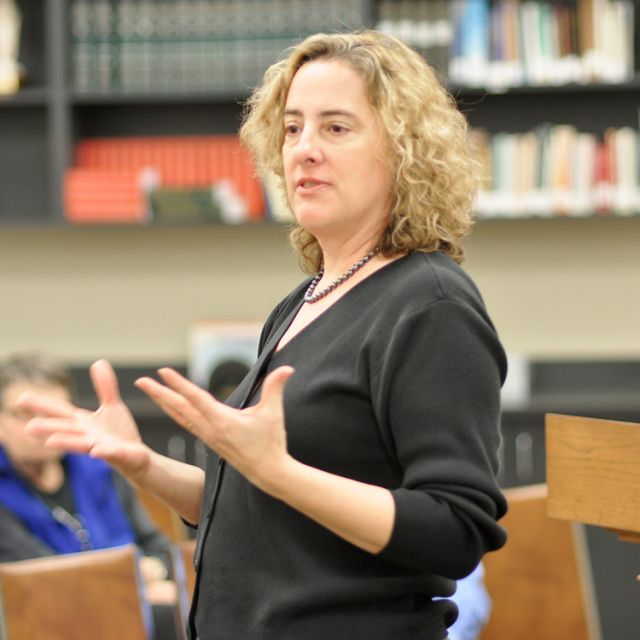American law is based on the idea that all humans have intrinsic value, she said, but many people in modern society believe humans accrue value gradually as they develop and become more easily recognizable as a human being.
"The value of human beings becomes negotiable," Condic said.
"If the debate can be turned away from the false notion that we don't know whether an embryo is a human being -- we do -- then I think we could talk more freely about what 'value' the embryo has," she continued said. "And there are only a few ways of thinking about this, with most of them coming out in favor of the embryo having full human rights."
Abortion touches the debate over embryonic stem-cell research because many ask how society can object to the destruction of an embryo for research if it already allows parents to destroy embryos because they don't want them, she explained.
"Many people want to reduce the debate to the obligation to relieve human suffering," Condic said. That pits the human zygote against the human patient. "The human patient always wins."
But, Condic said, "you do not have to check your obligation to relieve human suffering to oppose embryonic stem-cell research."
Embryonic stem-cell research still faces difficult problems, Condic said. Embryonic stem cells are unstable and often convert to cancer cells, she said. Embryonic stem cells frequently become lethal tumors and they are "foreign" tissue that when introduced into the body are attacked by the immune system.
To avoid rejection, scientists would have to create personalized stem cells through cloning, Condic said. To cure only one disease, Parkinson's, between 60 million and 1.7 billion eggs would have to be harvested to make enough patient-matched stem cells through cloning, she added.
Harvesting human eggs can be a painful process that can lead to ovarian hyper-stimulation syndrome, which can require hospitalization and can result in infertility and, in extreme cases, death, Condic said.
"Why are we entering into a field of research with such catastrophic consequences for women's health?" Condic said.
Research using stem cells harvested from adult humans offers the most potential for treating humans in the short term, Condic said.
Society has a moral obligation to spend limited public funds in the most promising areas of research, Condic said. But money spent on embryonic stem-cell research can't be used for other areas of research that are more promising, she said.
"The culture of science is hard to change," Condic said. "I keep talking and providing incontrovertible evidence, but in the end, scientists are just as free as anyone else to have unconsidered and unfounded opinions."


